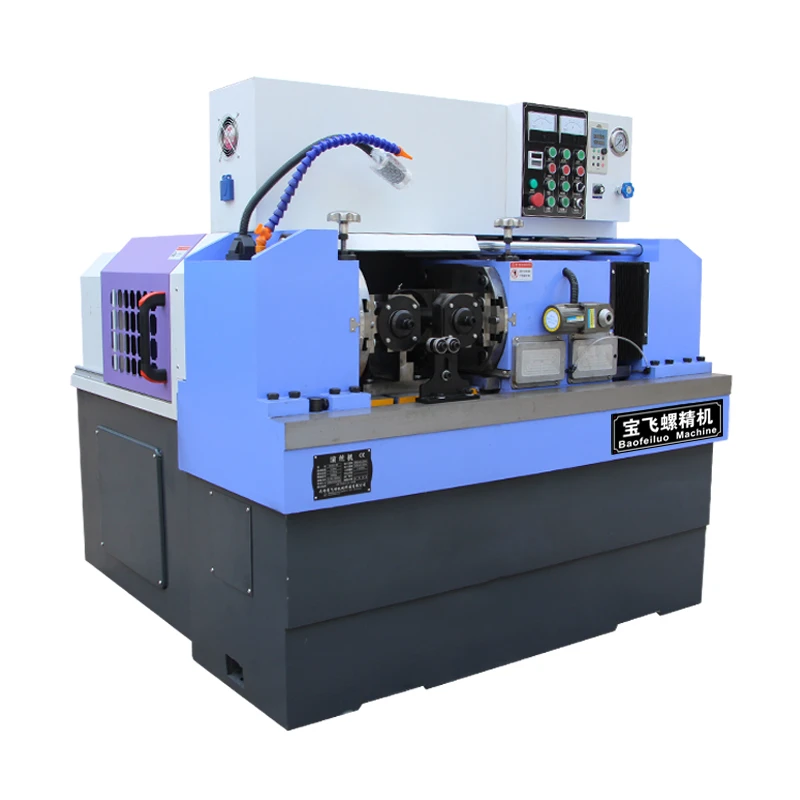
-
 Afrikaans
Afrikaans -
 Albanian
Albanian -
 Amharic
Amharic -
 Arabic
Arabic -
 Armenian
Armenian -
 Azerbaijani
Azerbaijani -
 Basque
Basque -
 Belarusian
Belarusian -
 Bengali
Bengali -
 Bosnian
Bosnian -
 Bulgarian
Bulgarian -
 Catalan
Catalan -
 Cebuano
Cebuano -
 Corsican
Corsican -
 Croatian
Croatian -
 Czech
Czech -
 Danish
Danish -
 Dutch
Dutch -
 English
English -
 Esperanto
Esperanto -
 Estonian
Estonian -
 Finnish
Finnish -
 French
French -
 Frisian
Frisian -
 Galician
Galician -
 Georgian
Georgian -
 German
German -
 Greek
Greek -
 Gujarati
Gujarati -
 Haitian Creole
Haitian Creole -
 hausa
hausa -
 hawaiian
hawaiian -
 Hebrew
Hebrew -
 Hindi
Hindi -
 Miao
Miao -
 Hungarian
Hungarian -
 Icelandic
Icelandic -
 igbo
igbo -
 Indonesian
Indonesian -
 irish
irish -
 Italian
Italian -
 Japanese
Japanese -
 Javanese
Javanese -
 Kannada
Kannada -
 kazakh
kazakh -
 Khmer
Khmer -
 Rwandese
Rwandese -
 Korean
Korean -
 Kurdish
Kurdish -
 Kyrgyz
Kyrgyz -
 Lao
Lao -
 Latin
Latin -
 Latvian
Latvian -
 Lithuanian
Lithuanian -
 Luxembourgish
Luxembourgish -
 Macedonian
Macedonian -
 Malgashi
Malgashi -
 Malay
Malay -
 Malayalam
Malayalam -
 Maltese
Maltese -
 Maori
Maori -
 Marathi
Marathi -
 Mongolian
Mongolian -
 Myanmar
Myanmar -
 Nepali
Nepali -
 Norwegian
Norwegian -
 Norwegian
Norwegian -
 Occitan
Occitan -
 Pashto
Pashto -
 Persian
Persian -
 Polish
Polish -
 Portuguese
Portuguese -
 Punjabi
Punjabi -
 Romanian
Romanian -
 Russian
Russian -
 Samoan
Samoan -
 Scottish Gaelic
Scottish Gaelic -
 Serbian
Serbian -
 Sesotho
Sesotho -
 Shona
Shona -
 Sindhi
Sindhi -
 Sinhala
Sinhala -
 Slovak
Slovak -
 Slovenian
Slovenian -
 Somali
Somali -
 Spanish
Spanish -
 Sundanese
Sundanese -
 Swahili
Swahili -
 Swedish
Swedish -
 Tagalog
Tagalog -
 Tajik
Tajik -
 Tamil
Tamil -
 Tatar
Tatar -
 Telugu
Telugu -
 Thai
Thai -
 Turkish
Turkish -
 Turkmen
Turkmen -
 Ukrainian
Ukrainian -
 Urdu
Urdu -
 Uighur
Uighur -
 Uzbek
Uzbek -
 Vietnamese
Vietnamese -
 Welsh
Welsh -
 Bantu
Bantu -
 Yiddish
Yiddish -
 Yoruba
Yoruba -
 Zulu
Zulu
Rebar Thread Rolling Machine Maintenance and Support Services for Optimal Performance
The Essential Role of Rebar Thread Rolling Machine Services in Construction
In the fast-evolving world of construction, the efficiency and reliability of machinery play a pivotal role in determining the success of projects. One essential tool that has gained considerable importance is the rebar thread rolling machine. This specialized equipment is designed to enhance the performance and durability of rebar, which is crucial for ensuring structural integrity in various construction applications. Here, we will delve into the significance of rebar thread rolling machine services, their benefits, and how they contribute to the construction industry.
Understanding Rebar Thread Rolling Machines
Rebar thread rolling machines are designed to create threads on the surface of rebar. These threads are essential for connecting rebar sections during construction. Typically used in applications that require high strength and load-bearing capabilities, threaded rebars facilitate easy and secure connections, making them a preferred choice in modern construction methods. The process of rolling threads onto the rebar enhances its performance characteristics, resulting in superior tensile strength compared to traditional methods.
The Importance of Thread Rolling Services
1. Quality Assurance One of the primary advantages of using professional rebar thread rolling machine services is the assurance of quality. Skilled technicians who specialize in this equipment understand the nuances of the rolling process, ensuring precise thread profiles that meet industry standards. This precision is vital for ensuring that rebar connections withstand the stresses and strains encountered in real-world applications.
rebar thread rolling machine service

2. Efficiency The construction industry is notorious for its time-sensitive projects. Using rebar thread rolling machine services significantly speeds up the process of preparing rebar for use. Traditional methods, which may involve cutting and welding, are not only time-consuming but also increase the chances of human error. In contrast, thread rolling machines produce consistent and uniform threads at a much faster rate, allowing projects to remain on schedule.
3. Cost-Effectiveness While purchasing rebar thread rolling machines might seem like a significant investment for construction companies, outsourcing this task can prove to be more cost-effective in the long run. By leveraging specialized services, companies can avoid the capital expenditure associated with purchasing and maintaining the machinery. Moreover, the reduction in labor costs and the decrease in project delays can also lead to more substantial savings.
4. Flexibility and Customization Rebar thread rolling machine services offer flexibility in meeting specific project requirements. Different construction projects may call for various thread types and sizes. Reputable service providers can customize their offerings to meet the diverse needs of contractors, ensuring that the right specifications are adhered to for optimal performance.
5. Safety Compliance Safety is a primary concern in the construction industry. Utilizing professional rebar thread rolling machine services not only ensures high-quality output but also adheres to safety standards. Properly threaded rebars are less likely to fail under pressure, significantly reducing the likelihood of accidents on construction sites. Additionally, using specialized equipment minimizes risks associated with manual handling and the potential for injury.
Conclusion
As construction projects become increasingly complex, the importance of specialized machinery and services cannot be overstated. Rebar thread rolling machine services play a critical role in enhancing the quality, efficiency, and safety of construction practices. By investing in these services, contractors can ensure that they are equipped with high-performance materials that are both reliable and cost-effective. Ultimately, the use of rebar thread rolling machines is a game-changer for the construction industry, enabling more robust and durable structures that can stand the test of time. As the construction landscape continues to evolve, embracing these technological advancements will be vital for companies seeking to maintain a competitive edge.
